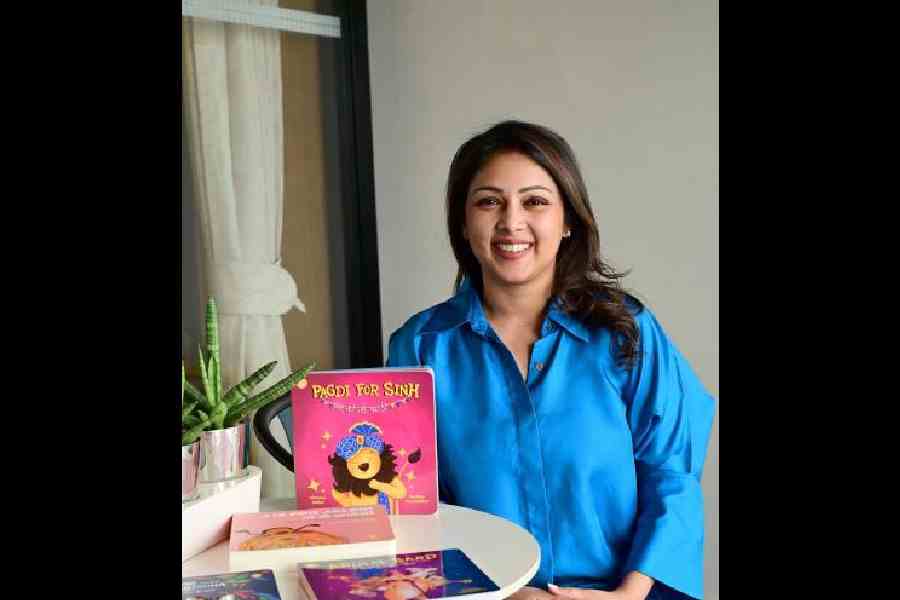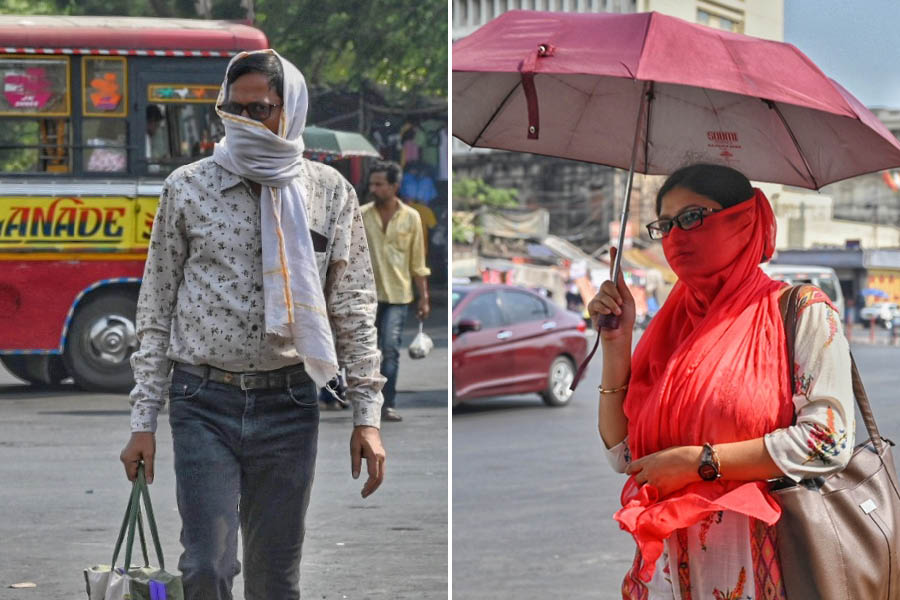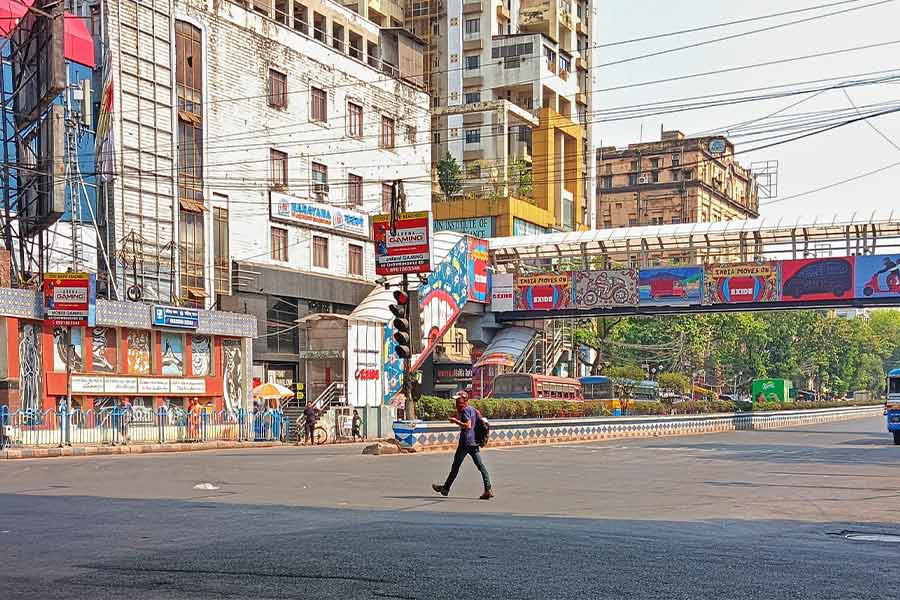Chitwan Mittal, founder and editorial director of the independent publishing company AdiDev Press, has been involved in children’s education since 2005. With her books encouraging focus on value-oriented education, bilingual learning and South Asian culture, she aims to bring the rich heritage of South Asia into the lives of children in a way that leaves them entertained as well as enlightened. A t2 chat.
What would you say is your overarching philosophy and approach to writing for children? How do you think it has evolved over the years?
I started writing for children during Covid. I’ve always been in love with children’s books and I never thought I would be a writer. It just happened while I was raising my children and looking for books for them... wanting to find more books that would be based on our own culture.
I feel that we don’t talk to our children enough about the rich philosophy and spirituality that our country has. We are quite superficial in our description of our culture to our kids. I am a student of philosophy and I grew up listening to all these talks that my mother used to take us to. Talks by saints and sages and seers, and we had a lot of philosophy and culture within the house when we were growing up. So having studied Indian philosophy, the idea was to showcase the same to the children in a way that would make be exciting and fun for them to read.
As for the writing part of it, first I had to figure out exactly what to say. So, I studied some books and tried to find the main message I wanted to give out. Sometimes I get the feeling that in India we write in a very boring way for children. Children’s literature needs to have that magic, a little bit of musicality to it. Then there’s the element of illustration and production, so I spend a lot of time looking for the right illustrator.
How do you think children’s literature can be a powerful tool in promoting cultural understanding and appreciation among diverse audiences?
It’s nice to see that in the last decade, a lot of young publishers have come up. Growing up, we mostly read Western publications, but you never saw yourself in these stories when you read them. So, it’s great that in the last 10 years, Indian publishing has been coming to its own, and a lot of young, small, indie publishers have cropped up. The main idea is to let children see themselves in the stories that they read, with Indian characters. And that’s I think very important, for children to learn about their own culture. Books can transport the child out of their reality to somewhere else in the country and let them see what the culture is like in that particular place. It’s important to get the kids’ attention when they’re young, and books are a crucial way of showcasing to them their own reality.
Your books focus on value-oriented education, bilingual learning, and South Asian culture. What do you think is the significance behind bringing these themes to the forefront of children’s literature today?
My own studies have focused on values in education, so it has always been my goal to figure out how we can intentionally curate what we give to children, whether at school or home, and do it in a way that helps them develop holistically. Learning shouldn’t be purely based on literacy or numeracy, but rather be focused on creating children who can integrate various parts of their being into one whole person who can engage with and be productive in society while also being fulfilled from within.
As an author, you’ve written on topics ranging from Education for the Complete Person to The Arguments for the Existence of God. How do you approach crafting such content in a way that gets your message across to young readers?
So initially when I started writing, my books tended to be rather academic. They weren’t meant for children. But as I’ve evolved and my understanding of how to teach kids has evolved, I have tried to break the more complex concepts down. The idea is to not say that something is too difficult to deal with now, so you’ll deal with it when your kids are older. The idea is instead to break the content down into simpler things, and simple doesn’t mean boring or useless. It’s actually not that easy to simplify things in a way that is meaningful. Sometimes when we write we want to put in a lot of information, and that can become quite didactic or boring. So, the first step is always to break the content down and then pick what is most relevant and should go into a kid’s book. And it’s not always easy to fill those categories, to choose what goes in and what doesn’t, and what makes the cut and what doesn’t. It’s all about contextualising it for the kid so they can relate to it, and filling the books with useful life lessons.
How has the landscape of children’s literature in South Asia evolved over the years, and what role does AdiDev Press play in this evolution?
Like I said, we have gone from mimicking the West to creating our own content, which is a huge leap. We’ve really evolved in the last decade or so and, of course, I feel AdiDev is doing something valuable for children so it’s nice to see that being appreciated. We want children to feel pride in their own nation. So, it’s important for us to publish books about the country that will make them understand their country better.






